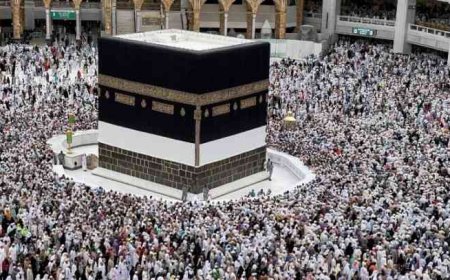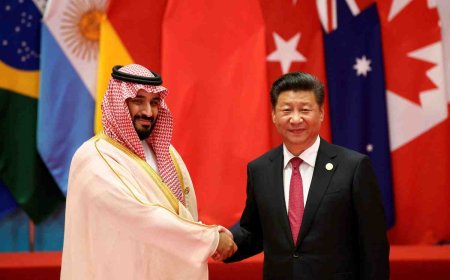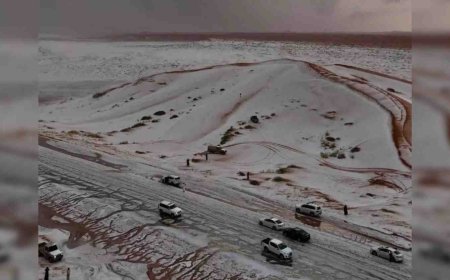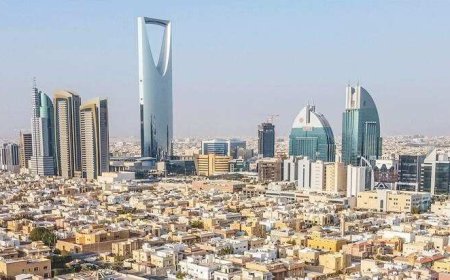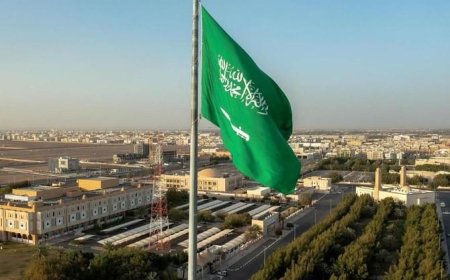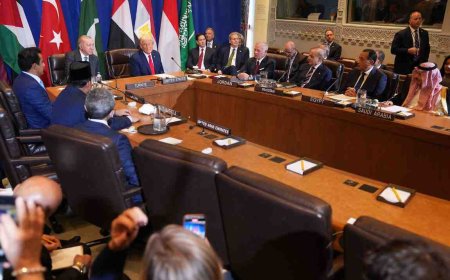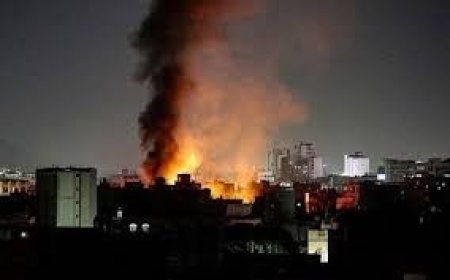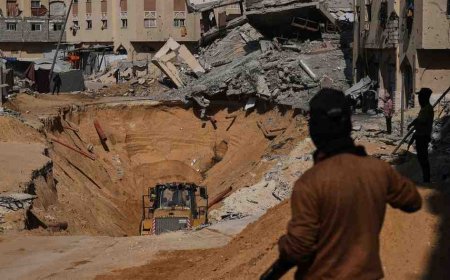Netanyahu Pushes E1 Settlement, Undermining Palestinian Statehood Hopes
Israeli Prime Minister Benjamin Netanyahu has moved forward with plans for the controversial E1 settlement project in the West Bank. The move is widely seen as a major setback to the possibility of a future Palestinian state, as it would cut off territorial continuity between Palestinian areas, drawing strong international criticism and raising tensions in the region.
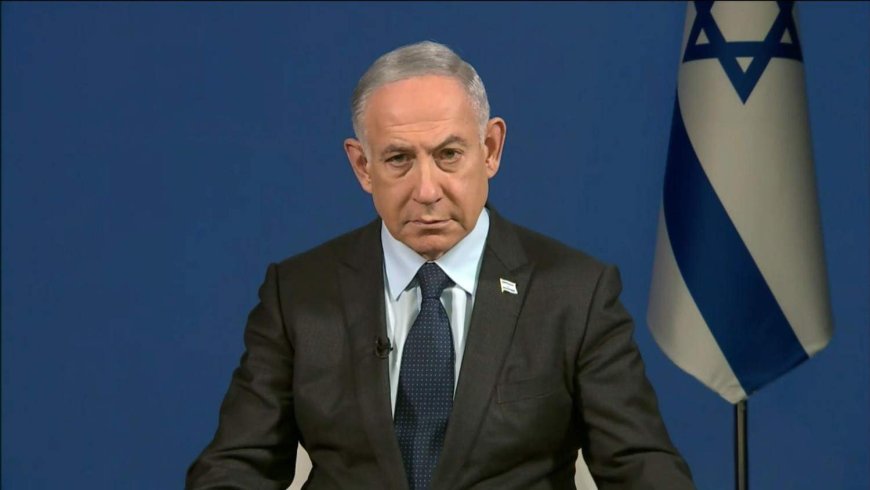
Netanyahu Pushes E1 Settlement, Deals Blow to Palestinian State Prospects
Israeli Prime Minister Benjamin Netanyahu has taken a significant step toward building settlements in the occupied West Bank by signing a framework deal for the disputed E1 plan. During a visit to the Ma'ale Adumim, Israel, settlement, Netanyahu declared, "There will not be a Palestinian state," confirming Israeli sovereignty. "This place belongs to us," he said. "We will safeguard our heritage, our land, and our security."
The move is largely viewed as an irreversible hit to the already decreasing prospects for a two-state solution, which has long been backed by the international community.
What is the E1 Plan?
The E1 project refers to a strategically important area of land east of Jerusalem. Plans for its building have been considered for more than two decades but have been continually delayed due to pressure from various US governments. Israel's Higher Planning Committee gave its final approval in August 2025, changing the situation. Netanyahu's signature formally begins the construction process.
The Prime Minister announced plans to triple the population of Ma'ale Adumim and construct hundreds of additional homes in E1. The addition aims to connect Israeli settlements to Israeli-controlled roads and infrastructure. However, opponents believe that the plan's goal is not just demographic but also politico-strategic: its development will essentially cut East Jerusalem off from the rest of the West Bank, eliminating the geographical continuity required for a viable future Palestinian state.
Swift International and Palestinian Condemnation
The announcement was met with swift surprise and opposition. The Palestinian Authority stated that any future Palestinian state will have East Jerusalem as its capital. It decried the settlement development as an obvious breach of international law and called on the world community to recognize Palestine immediately.
The worldwide response was also fast. Germany's foreign ministry strongly opposed the E1 clearance, claiming it violated international law and UN Security Council resolutions. The United Kingdom has also condemned the action. Western governments, many of whom are ready to recognize Palestine at the UN General Assembly, have expressed great worry that Israel's actions are unilaterally undermining the framework for a two-state solution.
The legal status of Israeli settlements in the West Bank and East Jerusalem is a major source of international controversy. The great majority of the global world thinks they are illegal under international law, which is supported by views from organizations such as the International Court of Justice.
Strategic Impact and Coalition Politics
A major practical issue is the E1 plan's destructive impact on Palestinian mobility and territorial continuity. The neighborhood is located at an important junction between Jerusalem and the rest of the West Bank. Its construction would establish a barrier, severely limiting Palestinians' ability to move between northern and southern cities such as Ramallah and Bethlehem without meeting Israeli checkpoints and obstacles.
Netanyahu's governing coalition is based on far-right allies who strongly support this agenda. Finance Minister Bezalel Smotrich welcomed the E1 progress, describing it not just as a policy move but also as a symbolic elimination of the idea of a Palestinian state via concrete action.
Summary
In the end, the signing of the E1 plan is a key moment. It shows the present Israeli government's aim to establish permanent power over disputed territory, radically altering what is happening on the ground in a way that makes a Palestinian state unthinkable. This decision, along with rising diplomatic reaction, lays the groundwork for increased regional conflict and a fundamental rethinking of the future of Israeli-Palestinian relations.
What's Your Reaction?







